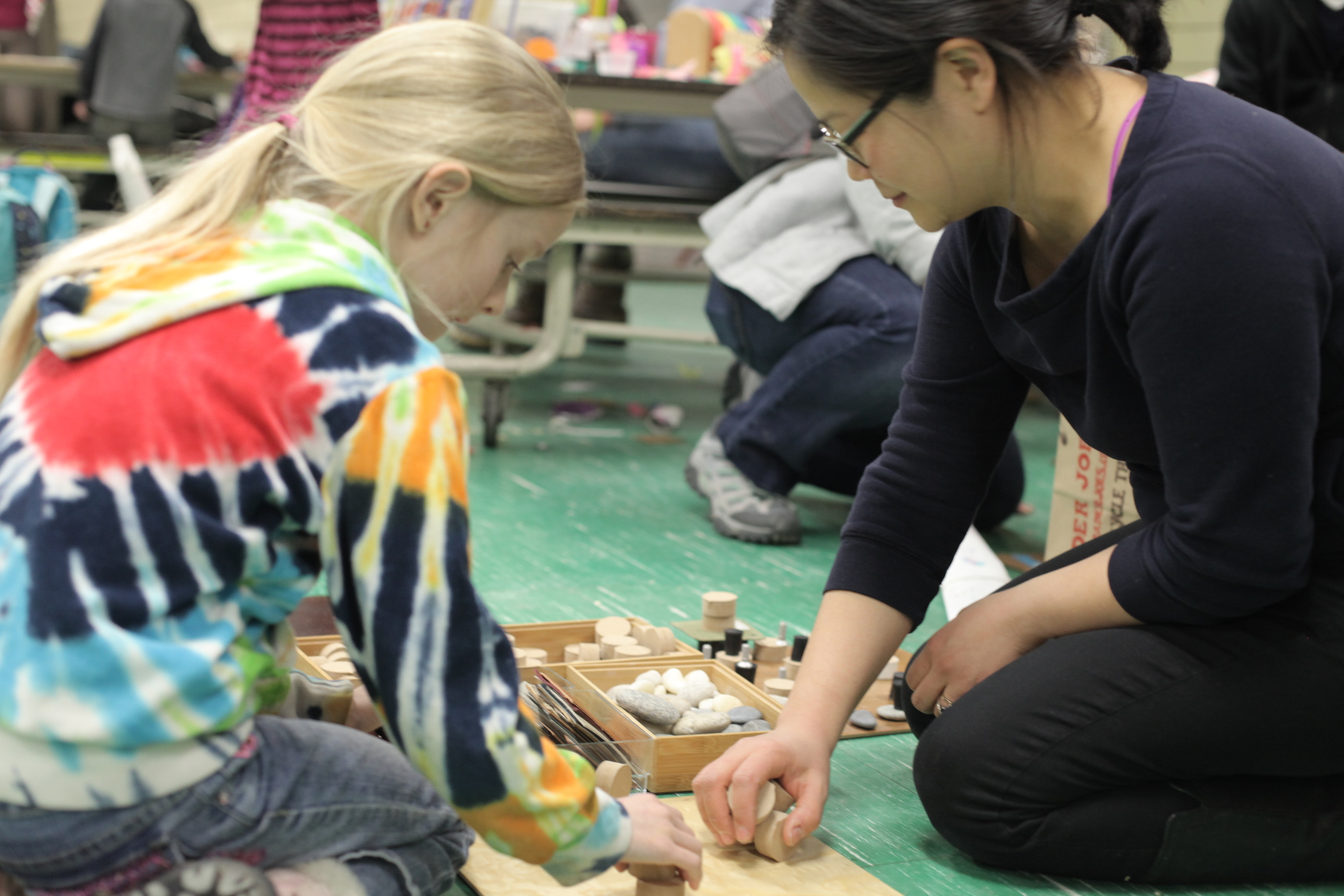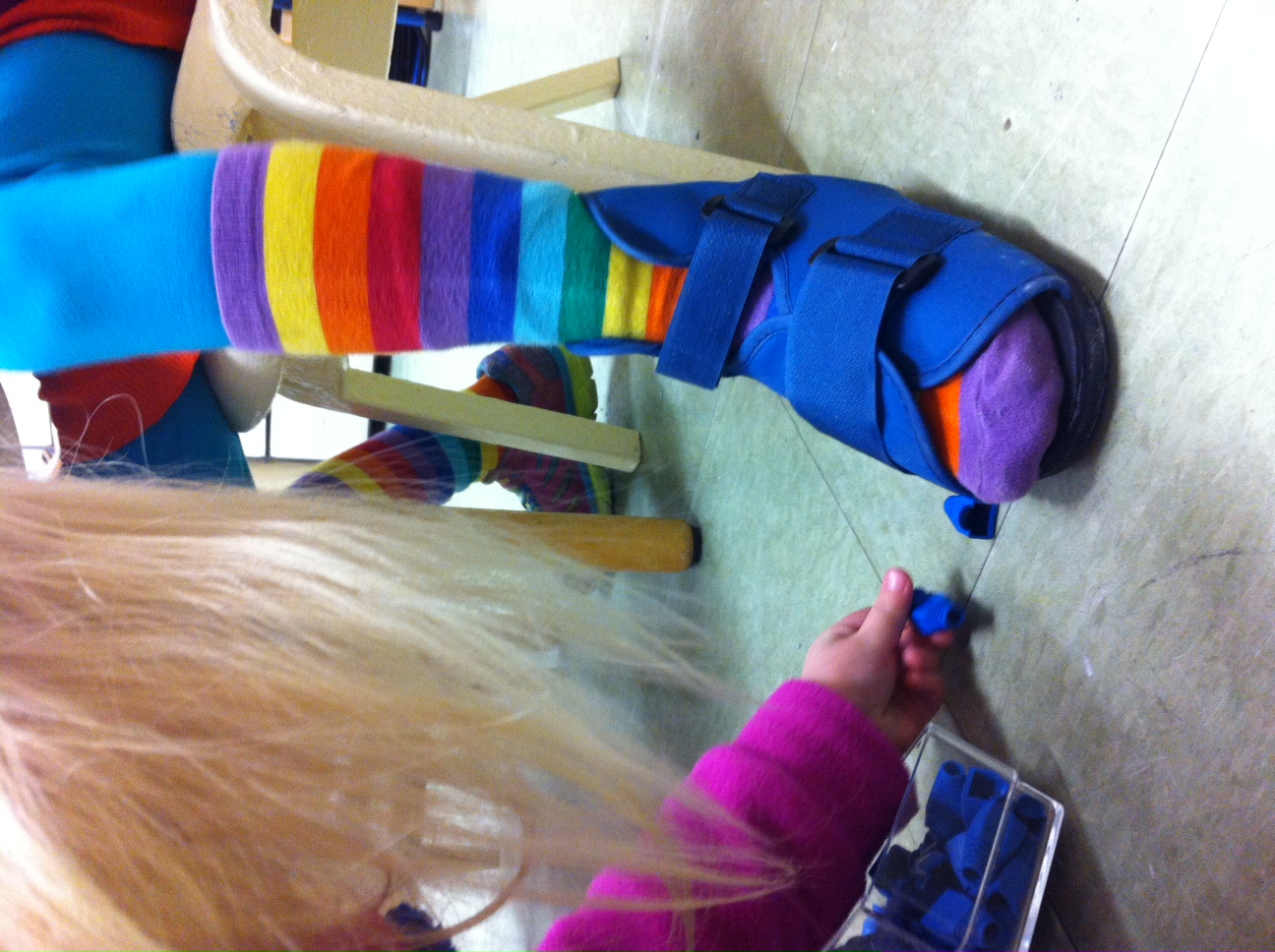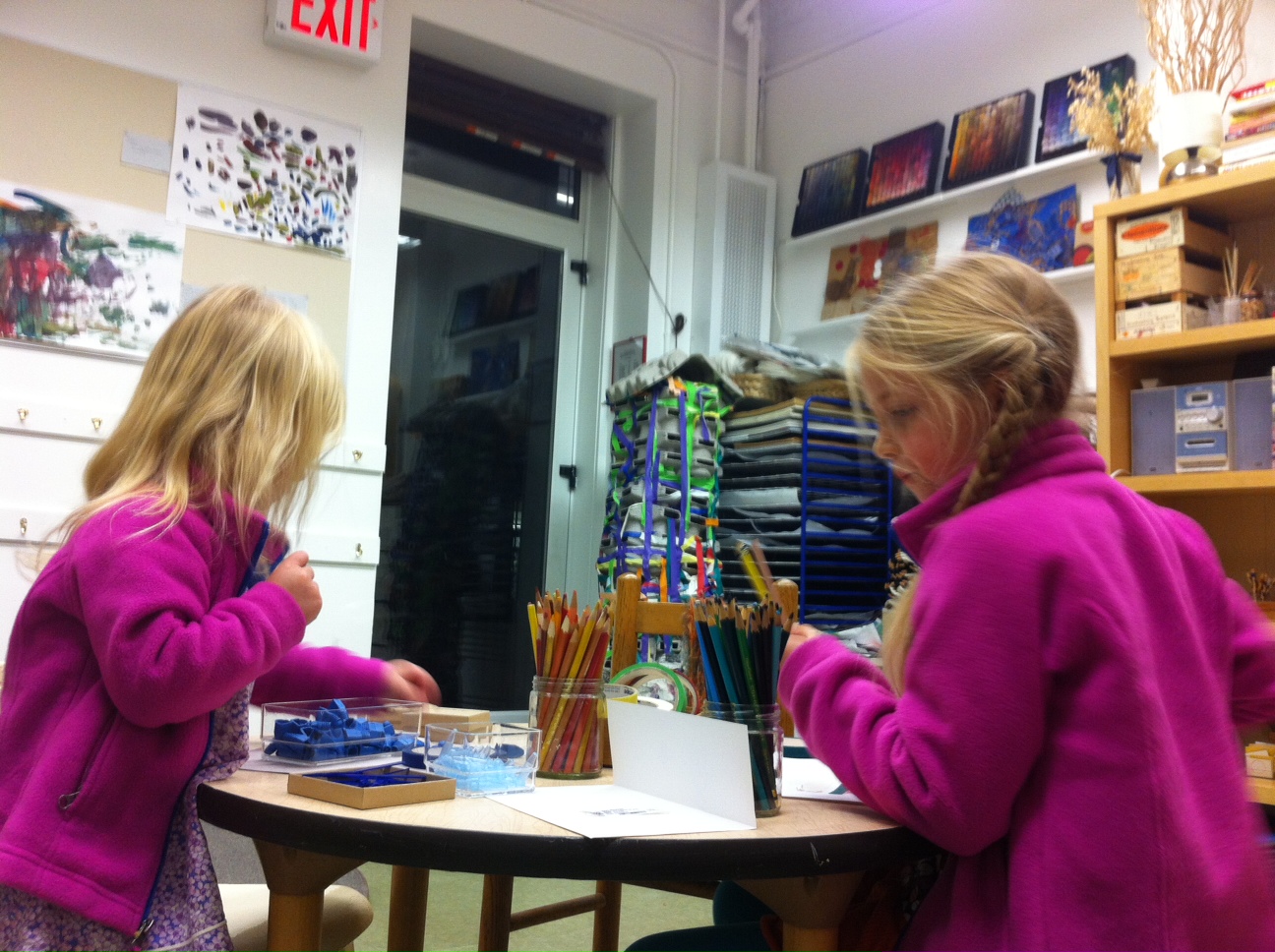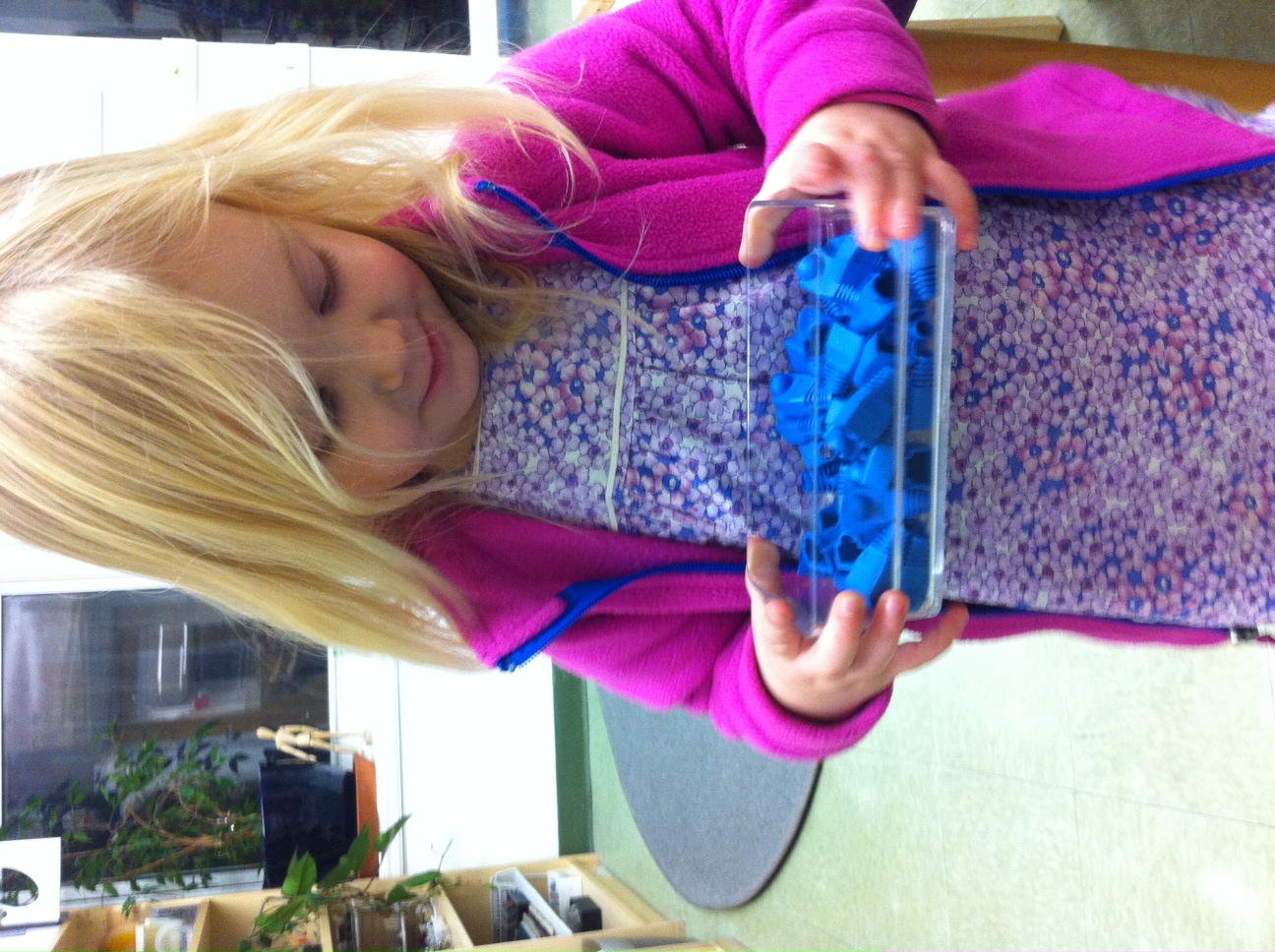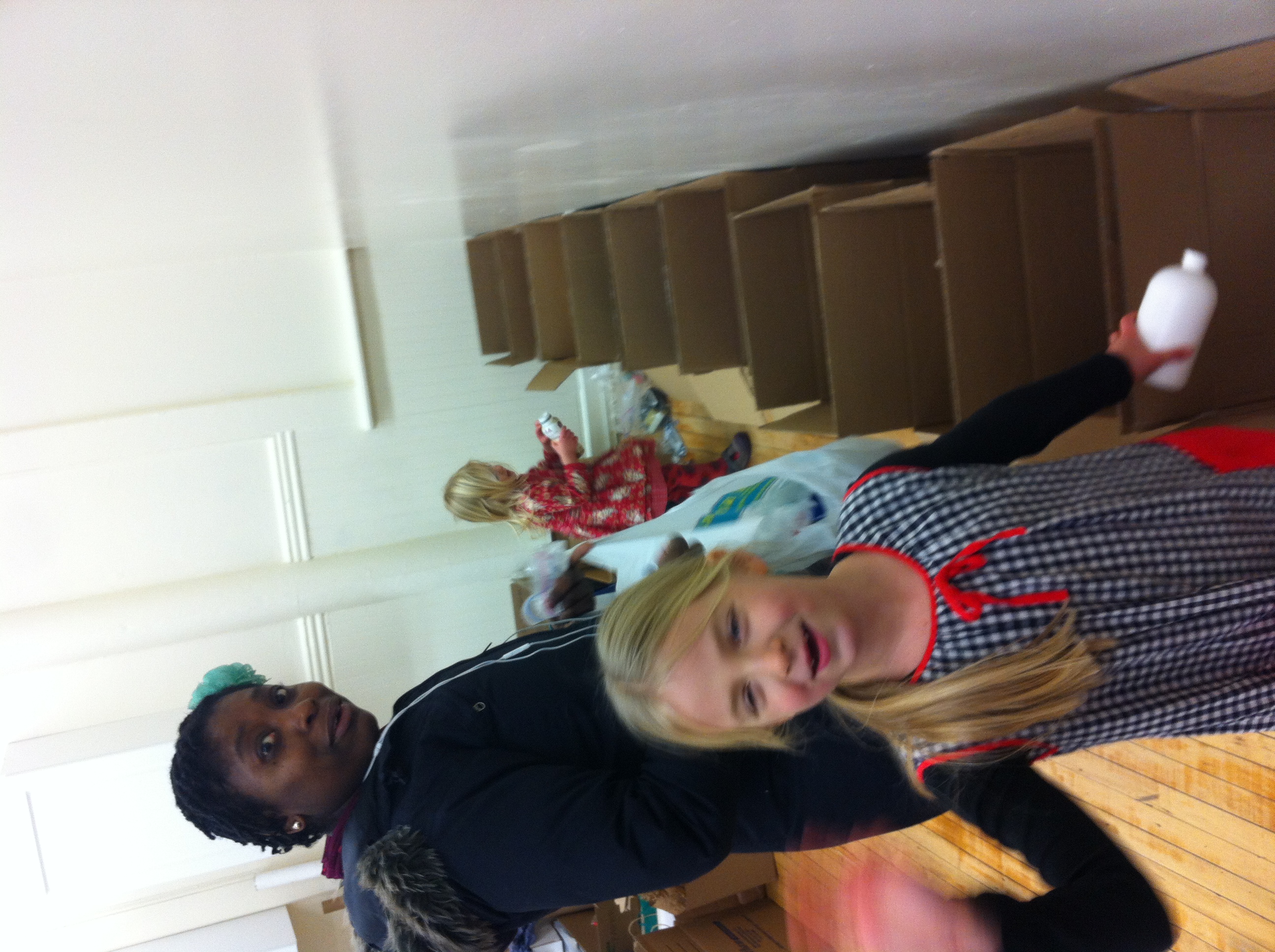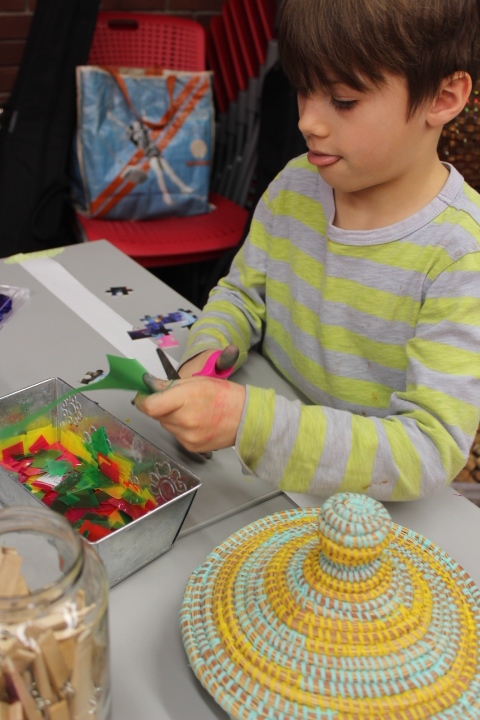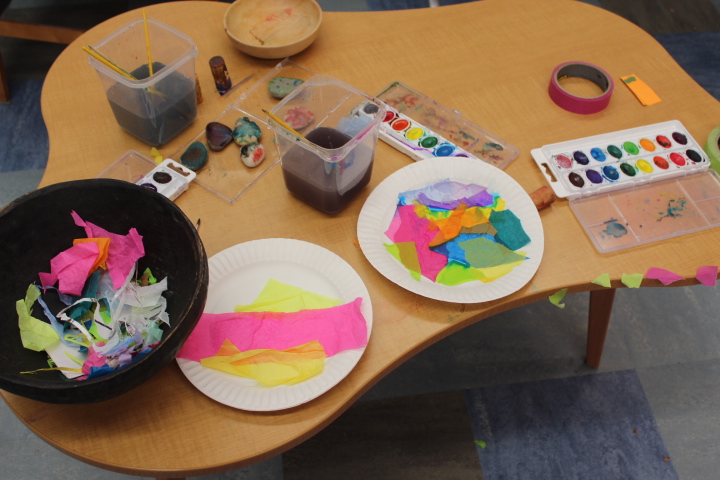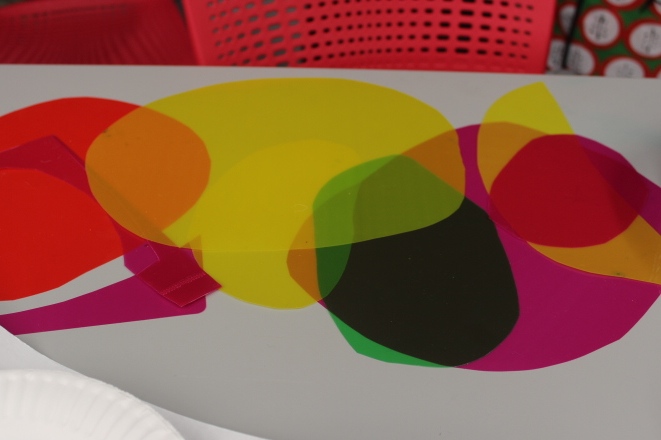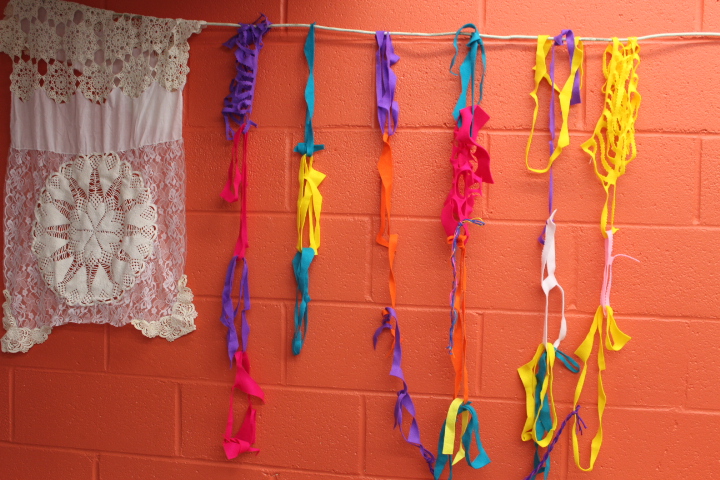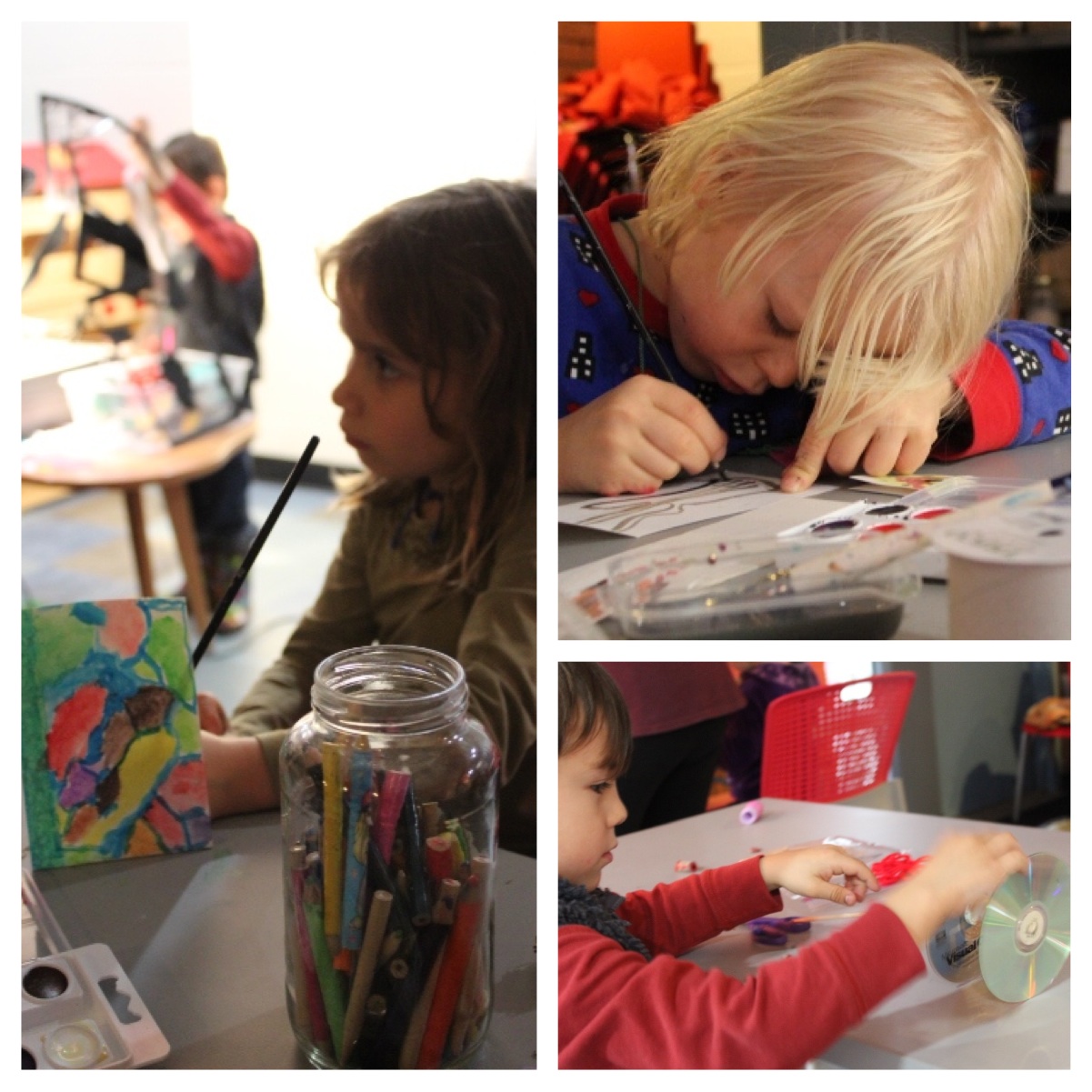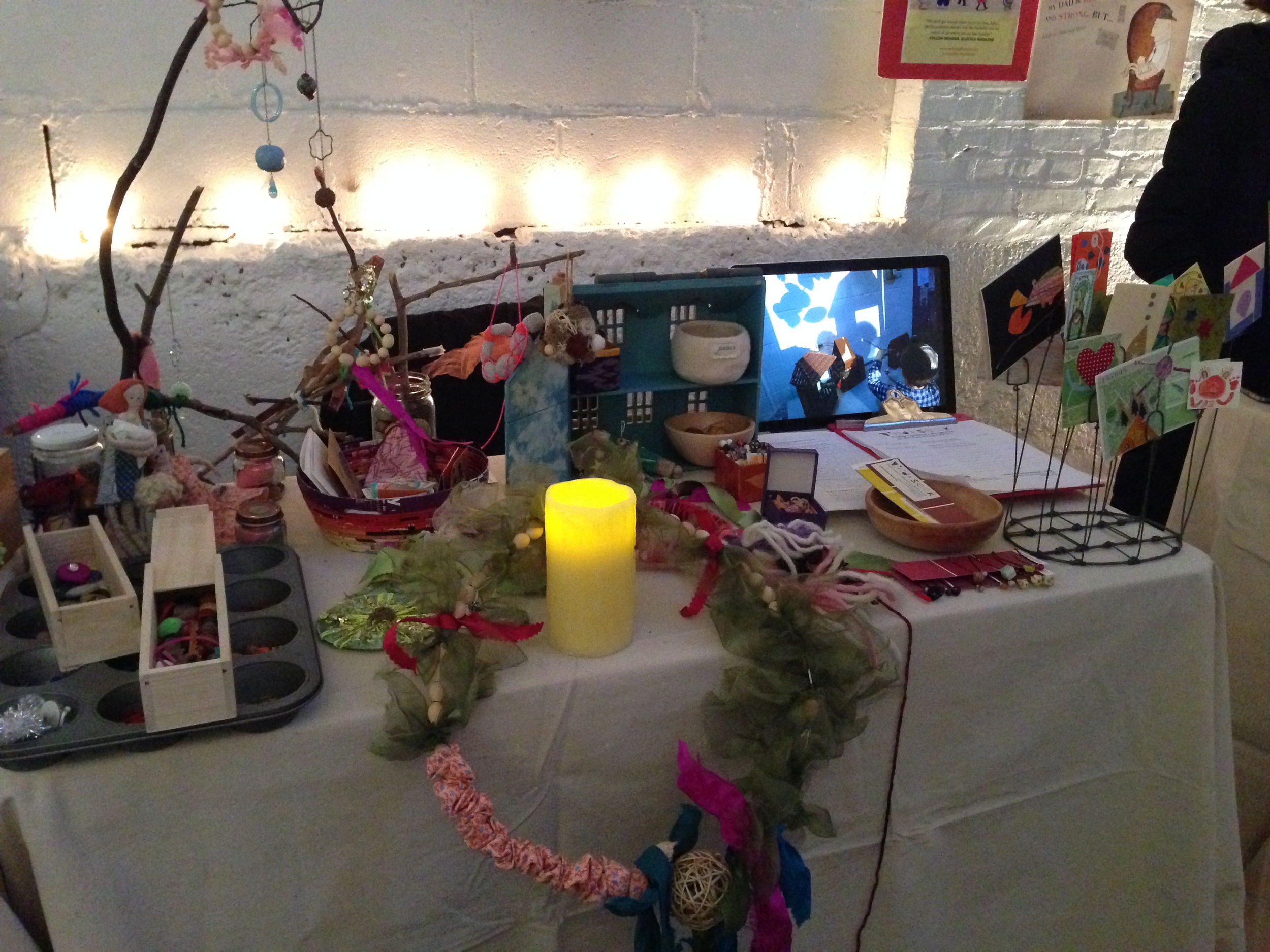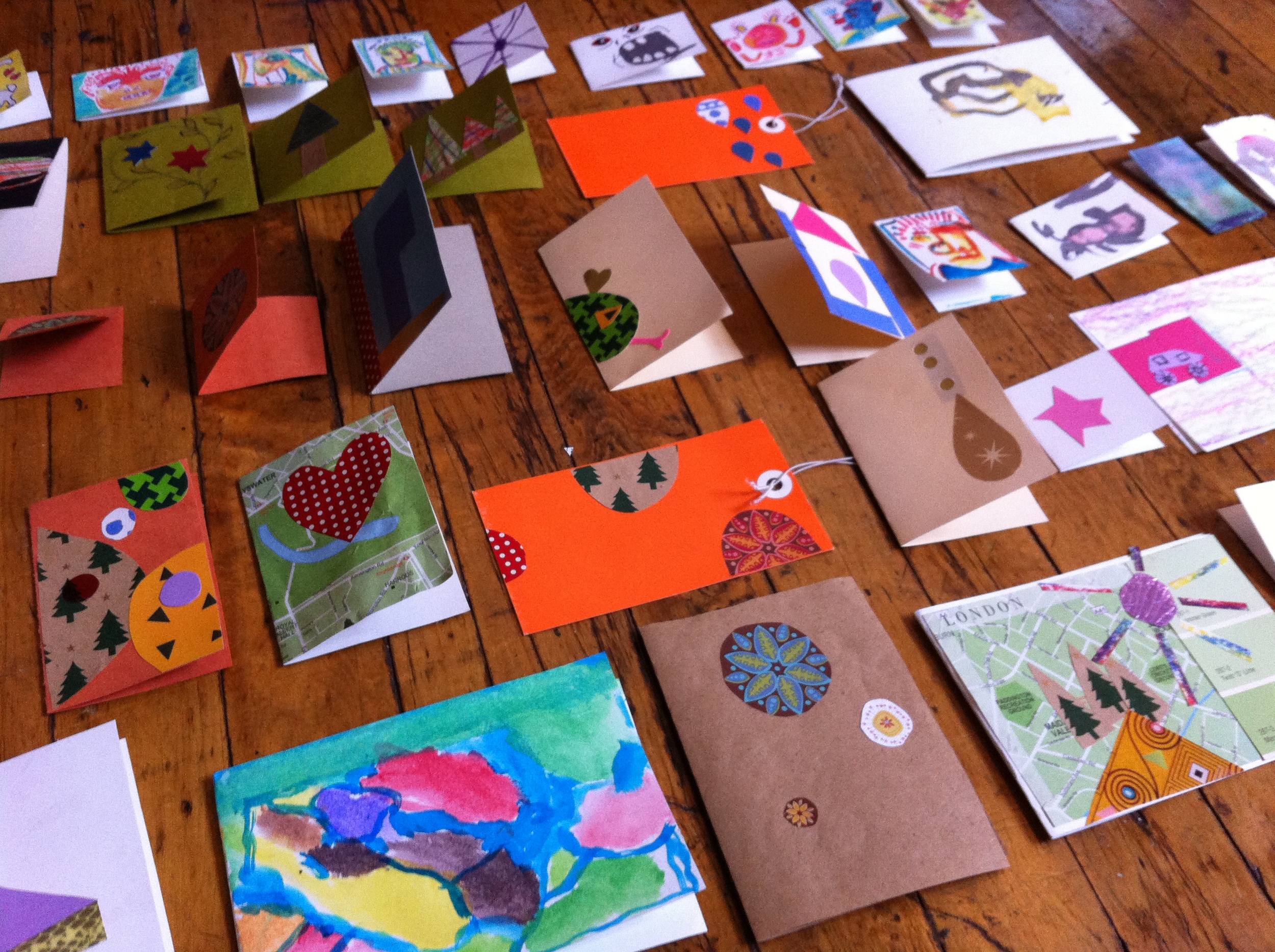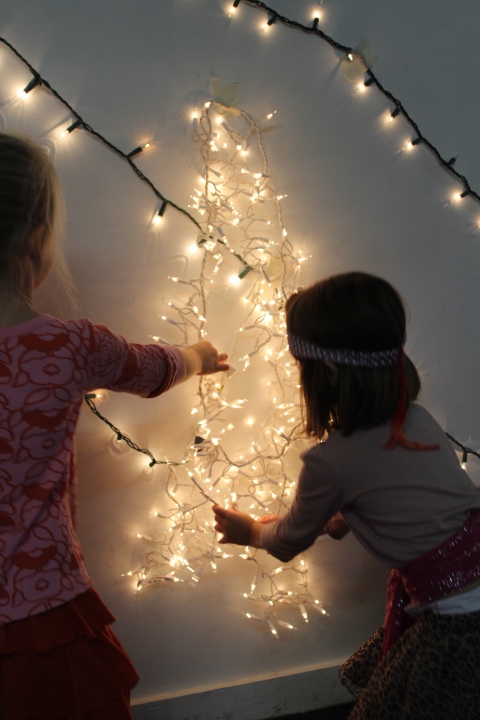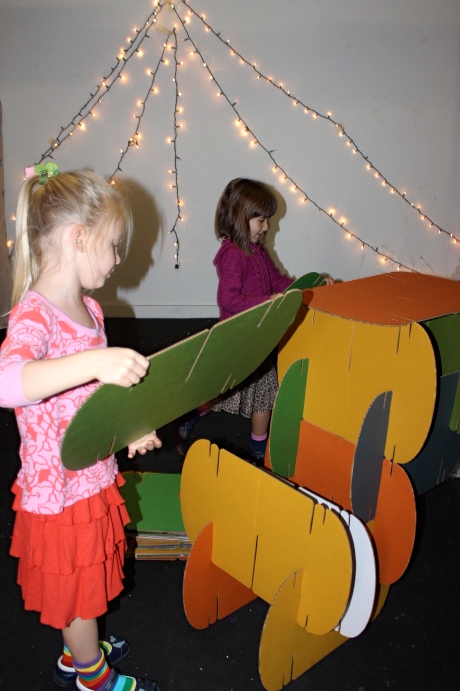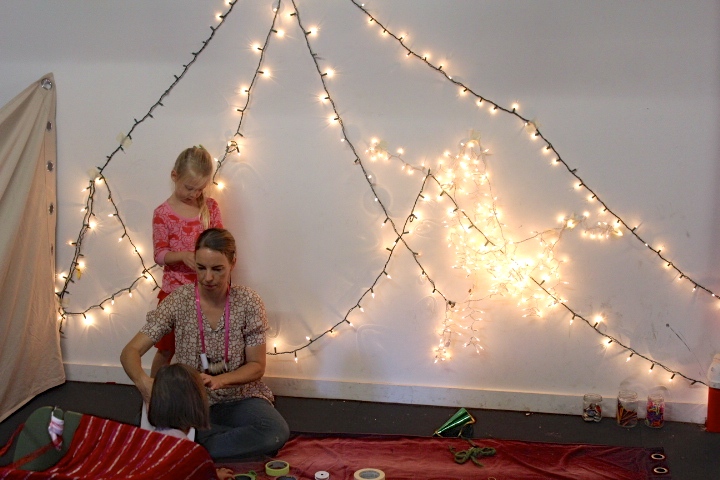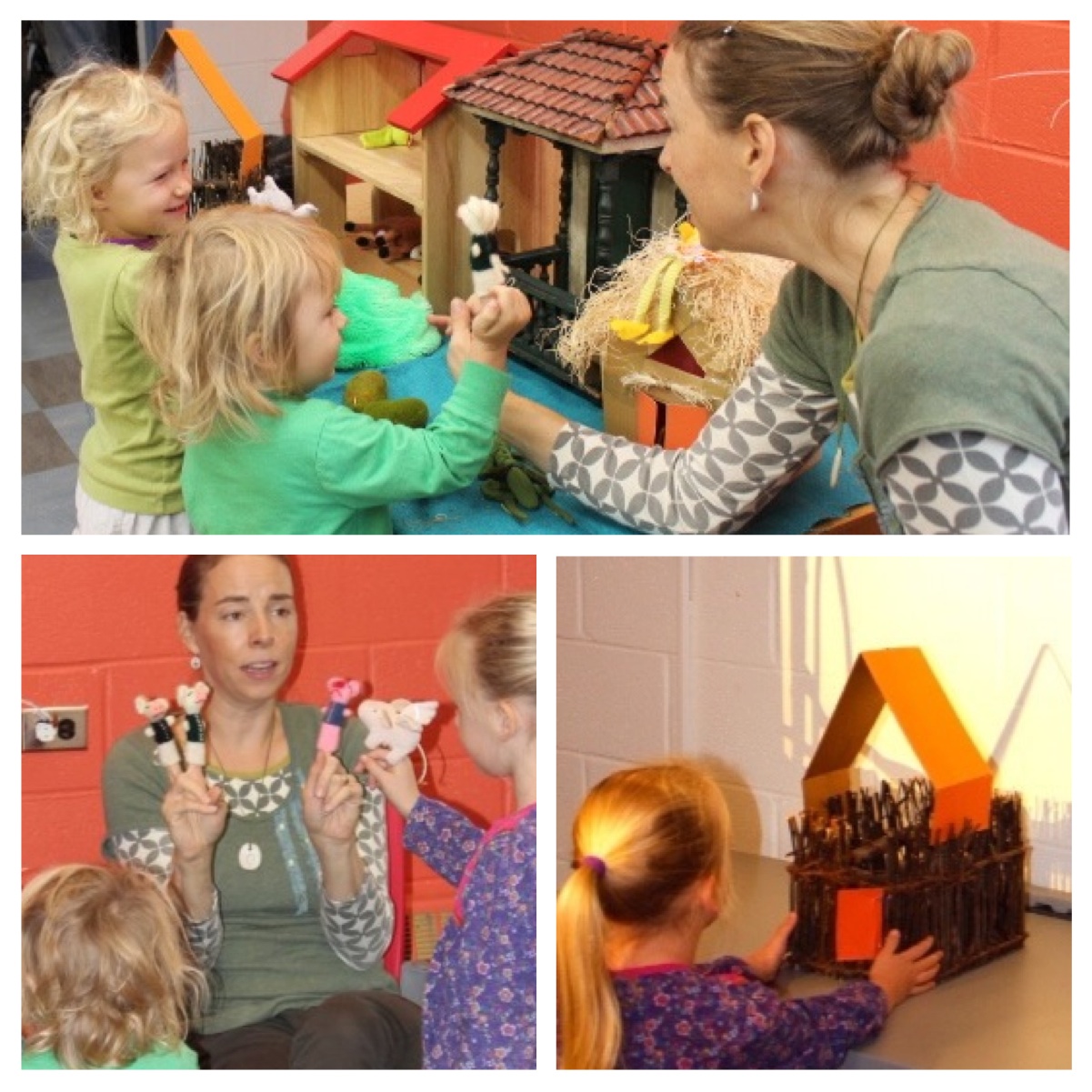Susan Ochshorn: The U.S. has not ratified the Convention on the Rights of the Child.
Davia Brown Franklyn: Bank Street Ed Center is a home for Child as Center. A lot of what this means is the interactions you have with parents and family, purposeful interactions you have with family, the respect you give to the family, leadership, and there's a whole host of teacher development. NYC is making a strong effort to offer school to all 4-year-olds. We have to think about what does PreK look like for children? I realize how vast NYC is. I don't know if you all are familiar with the New York PreK Foundation for the Common Core. There is some sort of guiding principal that most of us can agree on. They didn't try to take the Kindergarten standards and just plop it on 4-year-olds. They spent time. There are 9 guiding principals and here is one that always speaks to me: (Principle #3)
Children are active learners. A primary approach to learning is through purposeful play. Intentional planning promotes rich learning experiences that invite participation, involve multiple contexts, and engage the senses that help children explore their environment.
Susan: The principles are great, but that's the gap that we have to bridge.
Davia: I think that gap lives with the leadership, the teaching, the parents, the leadership, and it's for us as educators to be hopeful, and to say "how do we help fill those gaps and utilize these principles in the way they were intended?"
Susan: There are those many early childhood educators who would argue that the standards are compatible with developmentally appropriate practice. But unfortunately we can't separate the standards from the testing regime that has evolved. And that's where we run into trouble.
Jeff Frank: All that potential that children have is just being squandered. Maria Montessori was a radical in her time. Her belief that children want to learn and want to be part of our world. She demonstrated a respect for children that we now take for granted in all of our preschool classrooms. The traditional/testing model is kind of heading back in that direction. I long to be part of public school though I am now in a private school classroom. I question pushing academics on 4-year-olds. But now in my (private preschool) class I have the autonomy, time to sit back and observe children, and individualize my curriculum to help my children become involved and engaged.
Takiema: Even those of us fighting for change might not be open to the reality that people want different things. I really do believe at the end of the day that we all want the same thing: we want our children to succeed in life and be fulfilled. But how they get there, I think we don't agree. That's the purpose of having these conversations. I think we're not always at the same tables. Everybody has to come together so we can actually build a vision together. We need to look at what the evidence says. Children learn through play? Yes! It's called facilitated play. Let's look at the neuroscience, let's look at what the evidence says, and not just what our opinions are. There's evidence that all children need to experience a whole child education. Not everybody buys into that, and we really have to face that. Wade Boykin, PhD wrote a report published by the Center for Research on the Education of Students Placed At Risk. Research shows that open-ended, play-based, putting child at center, is where they learn the most, but the higher percentage of black students in the room, the less access the children have to that kind of approach.
Anna: I wonder about trust. A lot of this is coming in and telling teachers how to assess children. When we say "play-based curriculum," it doesn't mean we're not watching their work. Whenever you give anybody a script or a program....this is what would make me want to leave the profession of teaching.
Kristin: A lot of what we're seeing happening in the city and the world is based on fear. Fear is running through all of this. Parents are fearful. I've been studying playgrounds and what they look like all over the world. There's a fear-factor that causes our playgrounds to look like they do. They're "safe," right? This fear feeds into all of it, it creates the need for the common core. For holding teachers accountable. But it takes time. So much time, to type it all in, to make sure you have that running record of that child. What is lacking when you're doing all of that? Where is the fine line where you can do more of the authentic thing?
Jeff: This fear is real. It's cultural. We all want our children to do well. It's that leap of faith, but our culture is telling us something different, it's very fear-based. As far as the opt-out movement goes, it was very easy to opt out, but when children get to 4th grade, it becomes harder.
Where do we go from here?
Reading Susan Ochshorn's excellent book Squandering America's Future is an obvious necessity, to get a handle on the complex interplay of policy and practice within the national early childhood field. Her blog ECE Policy Works keeps readers up on the issues, and she's also been hosting Twitter conversations every third Sunday night, touching upon topics from "the power of art" to "the cult of grit." Chris Thinnes put together a comprehensive Storify record of the first chat, which is a great way to relive the conversation if you couldn't be there. Stay tuned here for the next one!















































